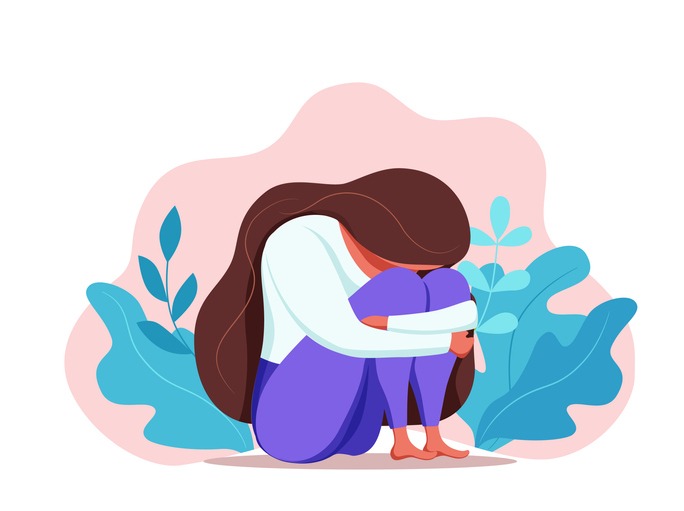Embracing Rejection: Mental Health and the Path to Self-Worth

Image by Freepik
In life, we all face rejection at some point or another. Whether it's a failed job application, a shattered relationship, or an unattained goal, rejection can leave us feeling disheartened and questioning our self-worth. Our mental health often takes a toll when we are unable to navigate through the complex emotions that come with rejection. However, it's essential to recognize that rejection doesn't define us. By understanding the impact of rejection on our mental health and seeking therapy to improve our self-worth, we can develop resilience and foster a positive mindset.
Rejection has the power to deeply affect our mental well-being. It triggers a cascade of negative emotions such as sadness, disappointment, anger, and even shame. These emotions can lead to a decrease in self-esteem and self-confidence, leaving us vulnerable to developing or exacerbating mental health issues like anxiety and depression.
When we internalize rejection as a personal failure, it becomes challenging to separate our self-worth from external validation. It's important to remember that rejection is a natural part of life, and everyone experiences it in various forms. By understanding this, we can begin to detach our self-worth from the outcomes we face.
Mental health therapy offers invaluable support in navigating the complex emotions associated with rejection and rebuilding our self-worth. Therapists provide a safe and non-judgmental space where we can explore our thoughts, feelings, and beliefs surrounding rejection. Here are some ways therapy can help:
Developing Emotional Resilience
Therapy helps us build emotional resilience by teaching us coping mechanisms and techniques to manage rejection effectively. Therapists guide us in understanding and reframing negative thought patterns, helping us find new perspectives and strategies to bounce back from rejection.
Challenging Self-Sabotaging Beliefs
Through therapy, we can uncover and challenge self-sabotaging beliefs that hinder our self-worth. Therapists work with us to identify distorted thinking patterns and replace them with more balanced and realistic thoughts. This process allows us to develop a healthier and more positive self-perception.
Enhancing Self-Compassion
Therapy encourages the cultivation of self-compassion, fostering a kind and understanding relationship with ourselves. By learning to treat ourselves with kindness, we can acknowledge that rejection is not a reflection of our worth as individuals. Instead, we can view it as an opportunity for growth and self-improvement.
Building a Support Network
Therapy provides a supportive environment where we can share our experiences and connect with others who have faced similar challenges. Participating in group therapy or support groups can offer a sense of belonging and validation, helping us realize that we are not alone in our struggles.
Rejection can be a challenging and painful experience, but it doesn't have to define our self-worth or dictate our future. Mental health therapy offers a lifeline, guiding us towards healing and self-improvement. Through therapy, we can develop emotional resilience, challenge self-sabotaging beliefs, enhance self-compassion, and build a strong support network.
Remember, rejection is not a reflection of our value as human beings. It's an opportunity for growth, self-discovery, and personal development. Embracing rejection with a positive mindset, coupled with therapy, can empower us to navigate life's setbacks and emerge stronger, more resilient, and with a renewed sense of self-worth.
